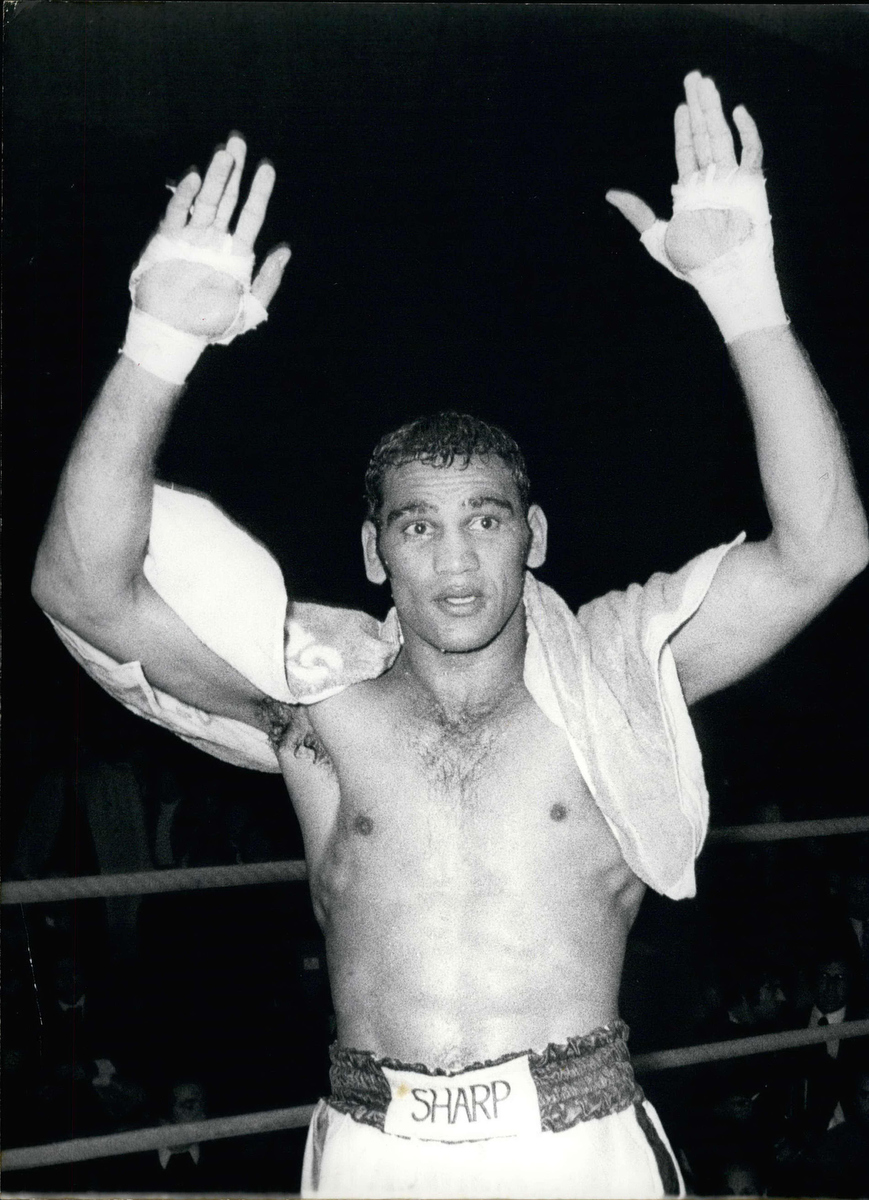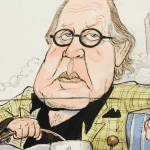ANTHONY MUNDINE’S father TONY fought the best in the world and deserved to be rated among the greats of the boxing game. PETER COSTER recalls his spectacular career:
WHEN ANTHONY MUNDINE knocked out Tommy Browne in the second round of their middleweight fight in Sydney, it was as if the years had rolled back. Not to when Mundine held a version of the world middleweight title, but when his father, Tony Mundine, was close to his “purrfect” best.
Tony Mundine was the “Big Cat”. Back in the day, he was one of the world’s leading middleweights and fought in four divisions up to heavyweight. But it was as a middleweight that Mundine was at his best.
He fought world middleweight champion Carlos Monzon before a screaming, partisan crowd at Estadio Luna Park in Buenos Aires on October 5 in 1974. Monzon was 83-3-9 going in and Mundine 47-3-1.
The Big Cat was knocked out early in the seventh round after visibly tiring in the sixth.
He had shown exceptional defensive skills but had not learnt to combat constant and illegal punching to the back of his head by Monzon, who had held the undisputed world middleweight championship of the world for seven years.
Monzon was as violent outside the ring as he was in it with his wives and many mistresses the victims of his frequent beatings.
He was eventually jailed for 11 years after being charged with killing his last wife in 1988 and was to die in a car crash after being released on weekend leave in 1995.
In the fight against Tony Mundine in Argentina in 1974, he was allowed to repeatedly hit the Australian champion in the back of the head as part of a deliberate and effective manoeuvre.
Monzon would follow an overhand right by trapping Mundine’s right hand with his body and holding Mundine’s left arm while raining blows on the back of his head. Mostly this was watched benignly by the referee before he eventually pulled the boxers apart.
The end came for Mundine when he was once again hit with an overhand right and then felled by a crashing left hook as his defences opened up like a Sydney rock oyster being shucked with a sharp knife.
Being a contender on a world stage was far from the Mundine’s early life of abject poverty in a shack his father built in northern NSW. There was no electricity and no running water. He washed in a river with his brothers and sisters. He never put on a pair of boxing gloves until he walked into Ern McQuillan’s gym in Sydney.
Mundine was a natural. He won 80 of his 96 professional fights, 64 by knockout including victories over such luminaries as Emile Griffith, who was a world champion in the welterweight, junior middleweight and middleweight divisions and rated as one of the greatest pound-for-pound fighters of all time.

Mundine defeated Griffith in Paris before the Monzon fight. Griffith had fought Benny Paret years earlier with an onslaught of 29 consecutive punches that should have been stopped by the referee before the beaten Paret was knocked through the ropes at Madison Square Garden. Eleven days later, Paret was dead, never regaining consciousness.
Griffith had been infuriated by Paret’s public baiting of him as a bi-sexual and touching him on the buttocks at the weigh-in.
As well as beating Griffith, Mundine scored victories over some of the best fighters of the time, including Rubin “Hurricane” Carter, who was wrongfully convicted of murder and served 20 years in prison. Once the No. 5 ranked middleweight, Hurricane achieved even greater fame as the hero of Bob Dylan’s ballad of the same name.
Was Tony Mundine a better fighter than Anthony Mundine is a frequent question.
Tony Mundine was a big puncher, something seldom seen from his son until Tommy Browne dropped his guard after a flurry of punches and found himself on his back on the canvas in Sydney.
There is talk of a title match against new Australian world welterweight champion Jeff Horn, although most of the talking is coming from Anthony Mundine. The Queenslander won a unanimous points decision over Manny Pacquiao last year, but there are two issues with a fight against Anthony Mundine.
Both fighters would have to either step up or step down in weight.
Horn is a big welterweight, who could fight at super welter, while Anthony Mundine would have to lose weight to fight at even super welterweight.
The other problem for Mundine, who is trained by his father, is his age. “The Man,” as he likes to be called, is 42 years old. Horn is 29 and the 13 years between them is a mountain for Mundine to climb.
He says he doesn’t feel his age, but he will against the relentless Horn, just as Pacquiao did when he stepped into the ring against Horn at the age of 39. Biology eventually the determining factor rather than the will to box on.
Wladimir Klitschko found this when he was unable to put away Anthony Joshua in their world heavyweight championship fight after knocking him down in the sixth round.
Klitschko was 41, a year younger than Mundine, and wisely decided to forgo a rematch and retire, accepting that the years as much as Joshua had caught up with him.
Jeff Horn is scheduled to meet undefeated American Terence Crawford at Madison Square Garden or Las Vegas in April, with the winner fighting Manny Pacquiao later in the year for the world welterweight title currently held by Horn. Maybe.
Anthony Mundine, never one to miss an opportunity, is trying to put himself in the frame to fight Horn and will likely get his chance after Horn meets Crawford, the former undisputed welterweight champion.
The bookmakers have Crawford at seemingly unbackable odds to knock out Horn, whose ability to withstand punishment may not be enough to see out 12 rounds against a fighter, who at 30 years of age has knocked out 23 of his 32 opponents and is generally regarded as one of the world’s best pound-for-pound fighters.
Anthony Mundine is using the line that Horn is a “white” champion whose breaks have come from his skin colour.
That kind of racist bias went out of boxing before Mundine’s father became one of the greatest fighters of his era in the middleweight division. The only “colour” is in the trash talk.
PETER COSTER is a former editor and foreign correspondent who has covered a range of international sports, including world championship fights and the Olympic Games.



Discussion about this post